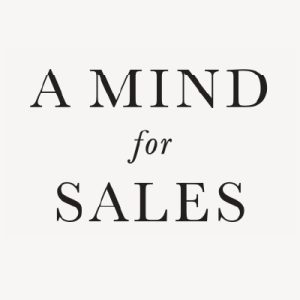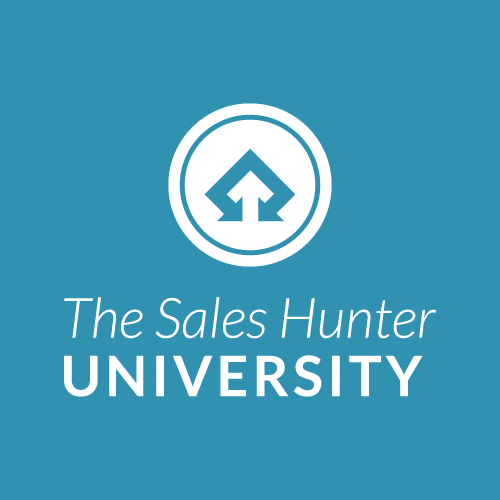RFPs should not be viewed as something won or lost as if they were a mission. Instead, think of them as strategic tools you can use with the customer.
Too many salespeople view RFPs as something where they submit their price and/or package and then wait to hear if they’ve won or lost. Sure it’s always good to “win” an RFP, but it’s essential to view any RFP as much bigger than a one-time project.
View the RFP as a tool you can leverage to gain insights with the customer. Use it to open doors with the customer to allow you to ask questions that will help you not only with completing the RFP package now, but also with giving you key long-term insights.
I tell many clients to never go into a first-time RFP with a new customer expecting to “win.” Rather, I tell them to go into the process with the expectation of allowing the customer to get to know you and for you to get to know them. If you submit an RFP package without meeting with the customer, shame on you. I’ll venture to say you have close to zero percent chance of “winning” the contract.
When you are talking with the customer, make sure your questions are strategic in nature. Find out about their long-term goals, their needs and who does what in the organization.
By using the RFP process as a time to gather information, you’ll have a considerable amount of information you can then use to follow up with people well after the RFP process is done. This is an area where many salespeople fail to capitalize.
Too many times after salespeople hear they didn’t win the RFP, they will treat the customer as if they’re going into hibernation. The salesperson will make no attempt to build a relationship. No wonder many salespeople get the cold shoulder from prospective customers. How would you treat someone who only showed up at your door when they needed something?
Your ability to develop deeper relationships with the customer during a period of time when the customer is not soliciting RFPs is going to allow you to verify accurately all of the information you gathered during the RFP process. This can be huge, as you can learn a lot about an organization and how they operate by comparing what you learn during these two periods. I’ve found several big benefits to doing this.
The first benefit is you can position yourself as the “secondary supplier” to the one who won the RFP. Even though a company may think they have written the perfect RFP and have done a great job of selecting the right vendor to fulfill the RFP, this is rarely the case.
There will always be those times where something suddenly arises and the vendor fulfilling the RFP can’t accommodate it. You then can be the one to handle that need, and by doing so, the customer will get to experience your services. You also win because typically you can provide them what they need at a higher margin than the vendor who won the RFP is getting.
The second way you win is you’ll have much stronger relationships when it comes time to go into the next round of RFP contracts. Again, this can be incredibly powerful for you by giving you access to people who other vendors may not have the opportunity to meet with.
The third benefit is that with your relationships and expertise, you will be in a position to help write the next RFP. As you can imagine, this is huge. By being able to at least influence in the RFP development phase what should be in the RFP, you’ll be in a very advantageous position versus the competition. There’s an old expression — the only RFP worth bidding on are ones you helped write. It’s just as relevant today as it was when it was first said years ago.
You can begin to see based on what I’ve been sharing, the RFP is a strategic tool you can leverage to help you develop customers over an extended period of time. Don’t miss the opportunities that RFPs afford you. Your future profits are at stake.
Copyright 2011, Mark Hunter “The Sales Hunter.” Sales Motivation Blog.


